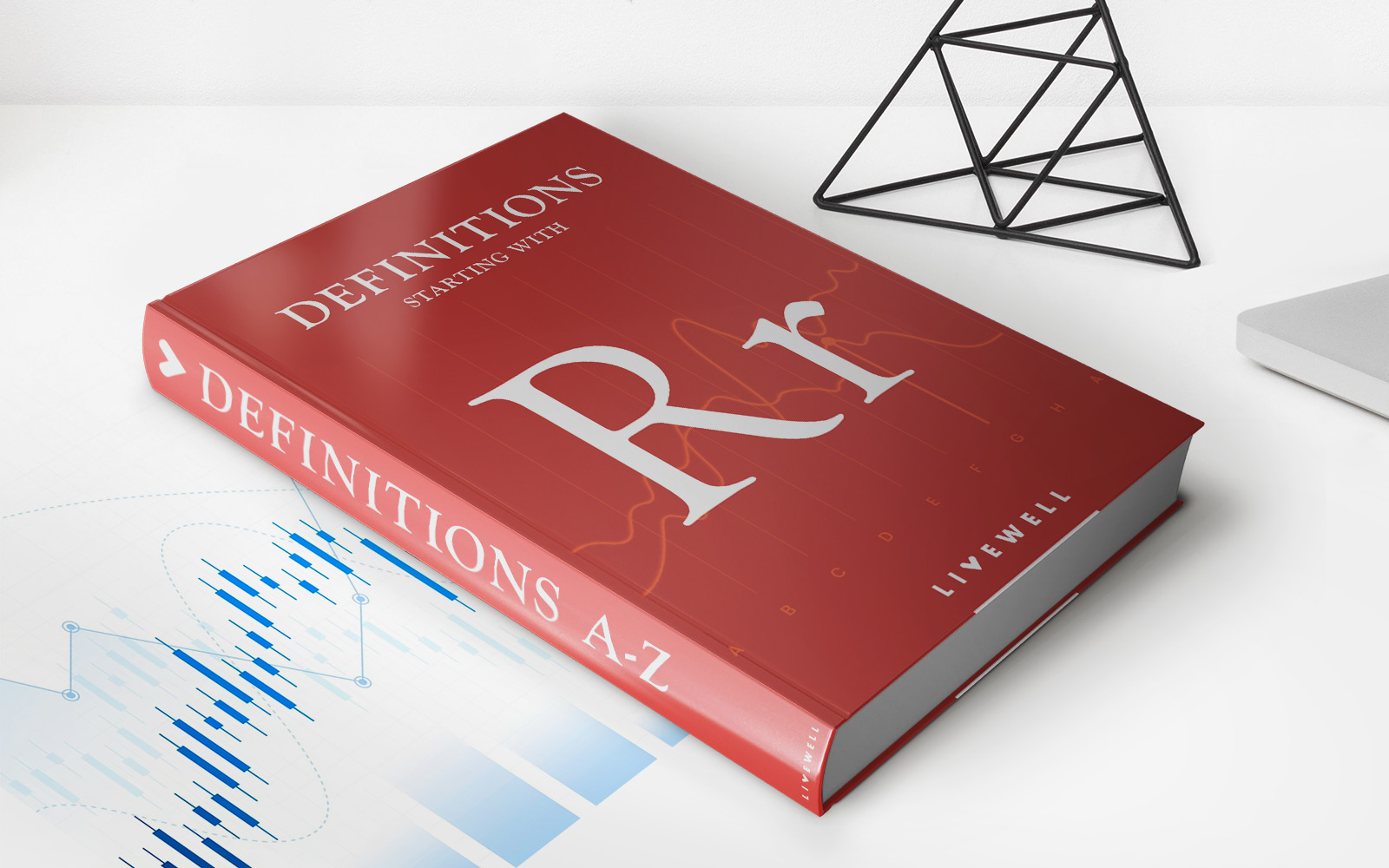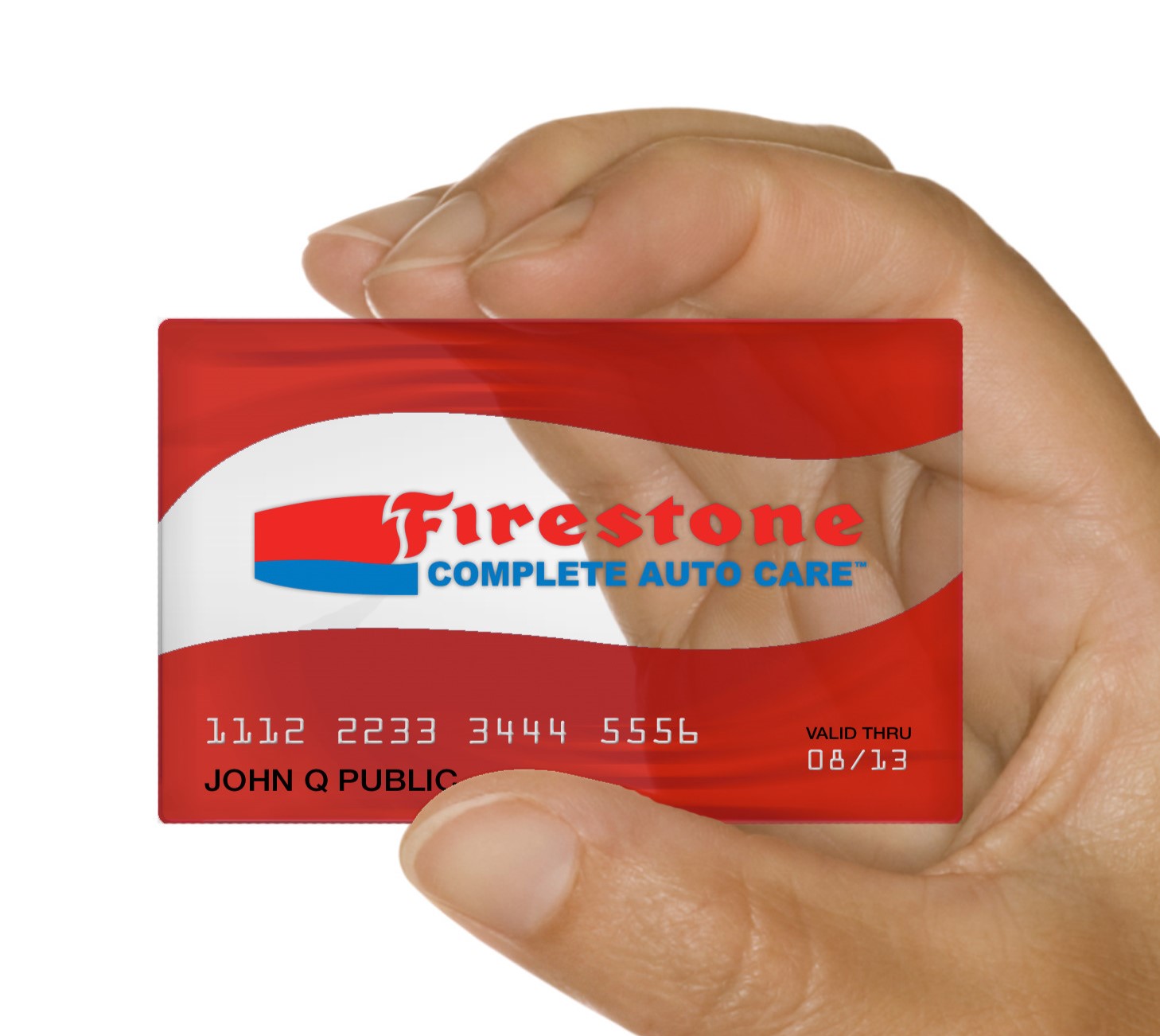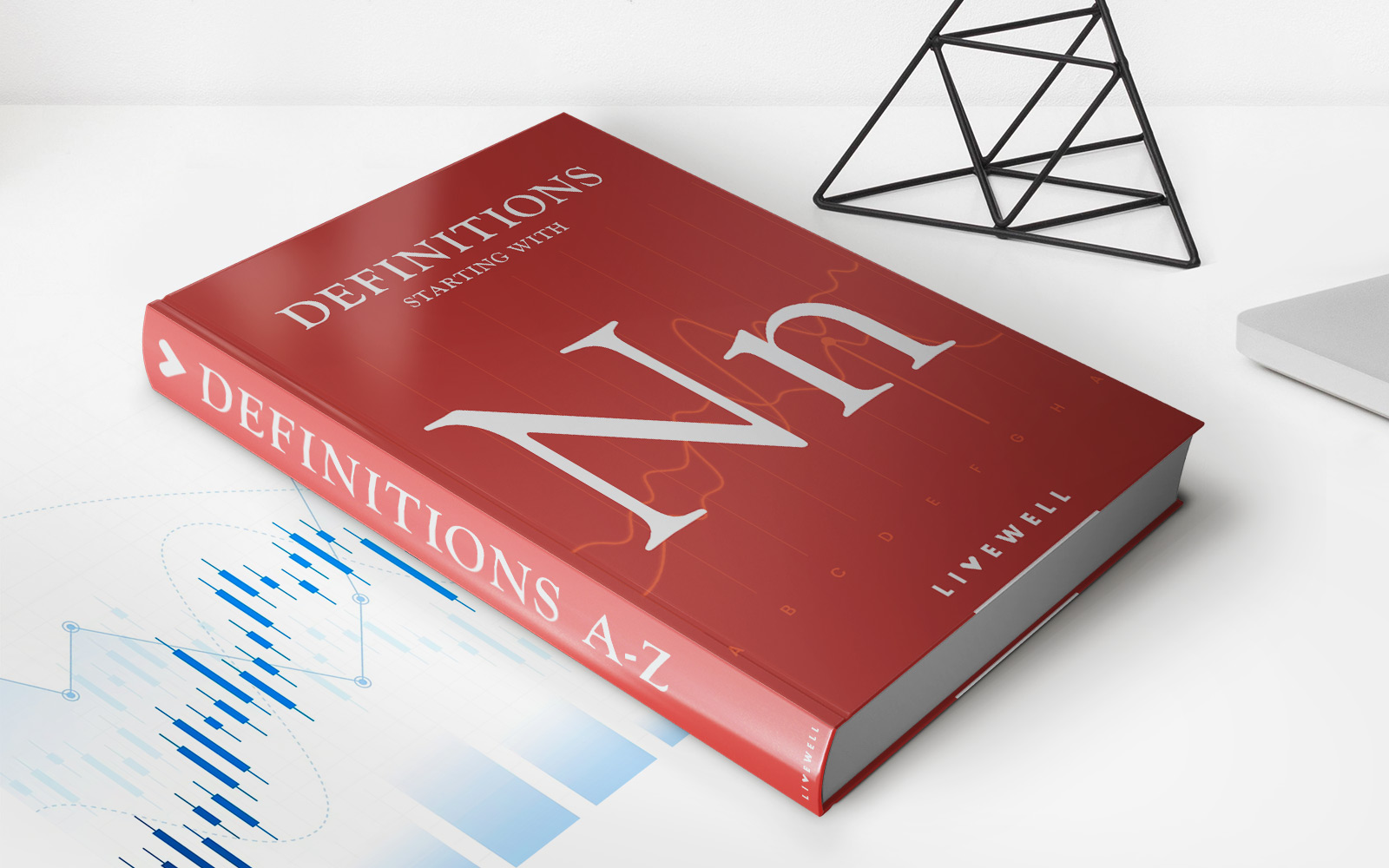

Finance
What Is Business Property Insurance?
Published: January 22, 2024
Learn how business property insurance protects your finances and assets. Get expert advice on securing your business with the right coverage.
(Many of the links in this article redirect to a specific reviewed product. Your purchase of these products through affiliate links helps to generate commission for LiveWell, at no extra cost. Learn more)
Table of Contents
Introduction
In the dynamic and ever-evolving landscape of business, safeguarding one's assets is paramount. Whether you're a small startup or a well-established enterprise, protecting your physical assets from unforeseen perils is crucial for long-term sustainability. This is where business property insurance comes into play as a vital risk management tool.
Business property insurance, also known as commercial property insurance, is a type of coverage designed to protect a company's physical assets from a variety of risks, including fire, theft, vandalism, and natural disasters. These assets may encompass buildings, equipment, inventory, furniture, and other tangible properties essential for the operations of the business. By obtaining a comprehensive business property insurance policy, organizations can mitigate the financial impact of property damage or loss due to covered perils.
In the following sections, we will delve deeper into the intricacies of business property insurance, exploring its types of coverage, the associated benefits, and the factors to consider when selecting the most suitable policy for your business. Understanding the nuances of business property insurance is pivotal for making informed decisions that can fortify the resilience of your business in the face of unforeseen adversities.
Let's embark on this enlightening journey to unravel the essence of business property insurance and its pivotal role in fortifying the financial well-being of businesses.
Understanding Business Property Insurance
Business property insurance serves as a protective shield for the physical assets that form the foundation of a company’s operations. It provides coverage for a wide array of perils, including fire, theft, vandalism, and certain natural disasters. By safeguarding tangible assets such as buildings, equipment, inventory, and furniture, this type of insurance ensures that a business can recover and rebuild in the aftermath of unforeseen events.
One of the key aspects of understanding business property insurance is recognizing the scope of coverage it offers. Typically, a standard policy covers the physical structure of the business premises, along with its contents. This encompasses the building itself, as well as assets housed within, such as machinery, inventory, and fixtures. It’s important to note that coverage may extend to external structures, such as fences and signs, depending on the policy’s specifics.
Moreover, business property insurance not only protects against damage or loss caused by external factors but also provides coverage for internal risks. For instance, if a fire erupts due to an electrical malfunction within the premises, resulting in damage to the building and its contents, the insurance can offer financial protection against such perils.
Understanding the nuances of business property insurance also involves grasping the concept of replacement cost versus actual cash value. Replacement cost coverage ensures that the insurance compensates for the cost of replacing or repairing the damaged property at current market prices, without factoring in depreciation. On the other hand, actual cash value coverage takes depreciation into account, thereby offering reimbursement for the property’s depreciated value at the time of the loss.
By comprehending the fundamental principles and coverage nuances of business property insurance, businesses can make informed decisions when selecting a policy that aligns with their risk tolerance and asset protection needs. This knowledge empowers organizations to fortify their resilience in the face of unforeseen adversities, ensuring the continuity of their operations and financial stability.
Types of Coverage
Business property insurance encompasses various types of coverage, each tailored to address specific risks and protection needs. Understanding these distinct coverage options is essential for businesses to make informed decisions when selecting a policy that aligns with their unique requirements.
1. Building Coverage: This fundamental type of coverage protects the physical structure of the business premises, including the building itself and its integral components such as walls, roofs, and foundations. In the event of damage or destruction due to covered perils, building coverage provides financial compensation for repair or reconstruction.
2. Business Personal Property Coverage: This aspect of business property insurance extends protection to the contents housed within the business premises. It encompasses equipment, inventory, furniture, and other tangible assets essential for the operations of the business. In the event of damage or loss, this coverage ensures that the business can recover and replace its vital assets.
3. Business Income Coverage: Also known as business interruption insurance, this coverage is designed to mitigate the financial impact of a temporary shutdown due to covered perils. It provides compensation for lost income and ongoing expenses during the period of restoration, enabling the business to maintain financial stability while operations are suspended.
4. Extra Expense Coverage: In the aftermath of a covered peril, businesses may incur additional expenses to expedite the restoration of operations. Extra expense coverage offers financial reimbursement for these supplementary costs, such as renting temporary facilities or leasing equipment to minimize downtime.
5. Equipment Breakdown Coverage: This specialized coverage protects against the financial repercussions of equipment malfunctions or breakdowns, encompassing machinery, electrical systems, and other vital equipment. It provides compensation for repair or replacement, as well as the resulting income loss due to the equipment’s inoperability.
By understanding the diverse types of coverage available within business property insurance, businesses can tailor their insurance policies to comprehensively protect their physical assets and fortify their resilience against unforeseen adversities. Selecting the appropriate mix of coverage options empowers businesses to mitigate risks and sustain continuity in the face of property-related perils.
Benefits of Business Property Insurance
Business property insurance offers a multitude of benefits that are indispensable for safeguarding a company’s physical assets and fortifying its financial resilience. Understanding these advantages is crucial for businesses to recognize the pivotal role that this type of insurance plays in mitigating risks and ensuring continuity in the face of unforeseen perils.
1. Asset Protection: One of the primary benefits of business property insurance is the comprehensive protection it provides for a company’s tangible assets. Whether it’s the physical structure of the business premises, vital equipment, or valuable inventory, this insurance safeguards these assets from a myriad of perils, including fire, theft, vandalism, and natural disasters.
2. Financial Security: In the event of property damage or loss due to covered perils, business property insurance offers financial compensation for repair, replacement, or reconstruction. This financial security ensures that the business can recover and rebuild without bearing the full brunt of the associated costs, thereby safeguarding its financial stability.
3. Business Continuity: By mitigating the financial impact of property-related perils, this insurance facilitates business continuity. In the aftermath of a covered loss, the ability to repair or replace damaged assets and resume operations is pivotal for sustaining continuity and serving customers without prolonged disruptions.
4. Liability Protection: Business property insurance may also encompass liability protection, offering coverage for damages or injuries sustained by third parties on the business premises. This aspect of the insurance shields the business from potential legal and financial ramifications arising from such incidents.
5. Peace of Mind: Having a robust business property insurance policy in place provides business owners and stakeholders with peace of mind, knowing that their physical assets are safeguarded from a spectrum of perils. This peace of mind allows them to focus on driving the business forward without undue concerns about unforeseen property-related risks.
By availing business property insurance and harnessing its array of benefits, businesses can fortify their resilience and mitigate the impact of property-related perils, thereby fostering a secure and stable operational environment.
How to Choose the Right Policy
Choosing the right business property insurance policy is a critical decision that demands careful consideration of various factors to ensure comprehensive coverage that aligns with the unique needs and risk profile of the business. By following a systematic approach and taking into account essential considerations, businesses can navigate the process of selecting the most suitable policy with confidence.
1. Assess Property Value: Begin by conducting a thorough assessment of the business’s property value, including the building, equipment, inventory, and other assets. Accurately evaluating the total value of these assets is pivotal for determining the appropriate coverage limits that adequately safeguard the business’s physical assets.
2. Identify Potential Risks: Gain a comprehensive understanding of the potential risks that could impact the business’s physical assets. This entails assessing the geographical location, susceptibility to natural disasters, and other perils relevant to the business’s industry and operational environment. Identifying these risks is crucial for selecting coverage options that address specific vulnerabilities.
3. Coverage Customization: Work closely with an experienced insurance agent or broker to customize the coverage based on the business’s unique needs. Tailoring the policy to encompass specific perils, coverage limits, and endorsements ensures that the business is adequately protected against a spectrum of risks without unnecessary gaps in coverage.
4. Consider Business Interruption: Assess the potential impact of a temporary shutdown on the business’s revenue and ongoing expenses. Incorporating business interruption coverage in the policy can mitigate the financial repercussions of operational disruptions due to property-related perils, ensuring continuity during the restoration period.
5. Review Policy Exclusions: Thoroughly review the policy’s exclusions to understand the perils or circumstances that are not covered. Identifying these exclusions is crucial for businesses to assess their risk exposure accurately and consider supplemental coverage options to address any gaps in protection.
6. Evaluate Insurer’s Reputation: Research the reputation and financial stability of the insurance provider. Choosing an insurer with a strong track record of reliability and prompt claims settlement instills confidence in the policy’s efficacy and the insurer’s commitment to supporting the business in the event of a loss.
By methodically assessing the business’s asset value, risk profile, and coverage needs, and collaborating with knowledgeable insurance professionals, businesses can navigate the process of choosing the right business property insurance policy with prudence and precision. This proactive approach ensures that the selected policy aligns with the business’s unique requirements and fortifies its resilience against unforeseen property-related perils.
Conclusion
Business property insurance stands as a cornerstone of risk management, offering a robust shield for a company’s physical assets against a spectrum of perils. As businesses navigate the dynamic landscape of commerce, the significance of fortifying their resilience against unforeseen property-related risks cannot be overstated. By understanding the nuances of business property insurance and harnessing its array of benefits, businesses can secure their tangible assets and sustain continuity in the face of adversities.
From safeguarding the physical structure of the business premises to protecting vital equipment and inventory, business property insurance serves as a bulwark against the financial impact of property damage or loss. The comprehensive coverage options, including business income coverage, liability protection, and equipment breakdown coverage, offer a multifaceted approach to fortifying a business’s operational stability.
Choosing the right business property insurance policy requires a meticulous assessment of the business’s asset value, risk profile, and coverage needs. By customizing the policy to address specific vulnerabilities and collaborating with reputable insurance professionals, businesses can navigate this process with confidence, ensuring that the selected policy aligns with their unique requirements.
Ultimately, the proactive acquisition of a comprehensive business property insurance policy fosters a secure and stable operational environment, providing business owners and stakeholders with peace of mind as they steer their enterprises toward sustained growth and success.
As businesses continue to evolve and expand their footprint in the marketplace, the role of business property insurance in fortifying their financial well-being remains indispensable. By embracing the protective mantle of this insurance and leveraging its benefits, businesses can navigate the complexities of risk management with resilience and confidence, ensuring that their physical assets remain safeguarded against the unpredictable nature of property-related perils.














